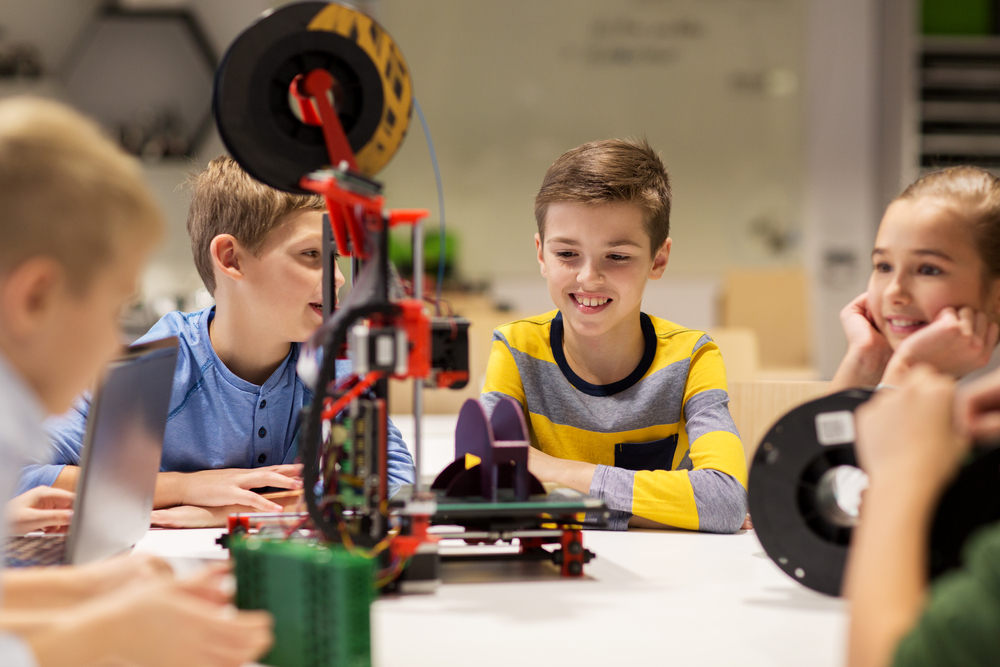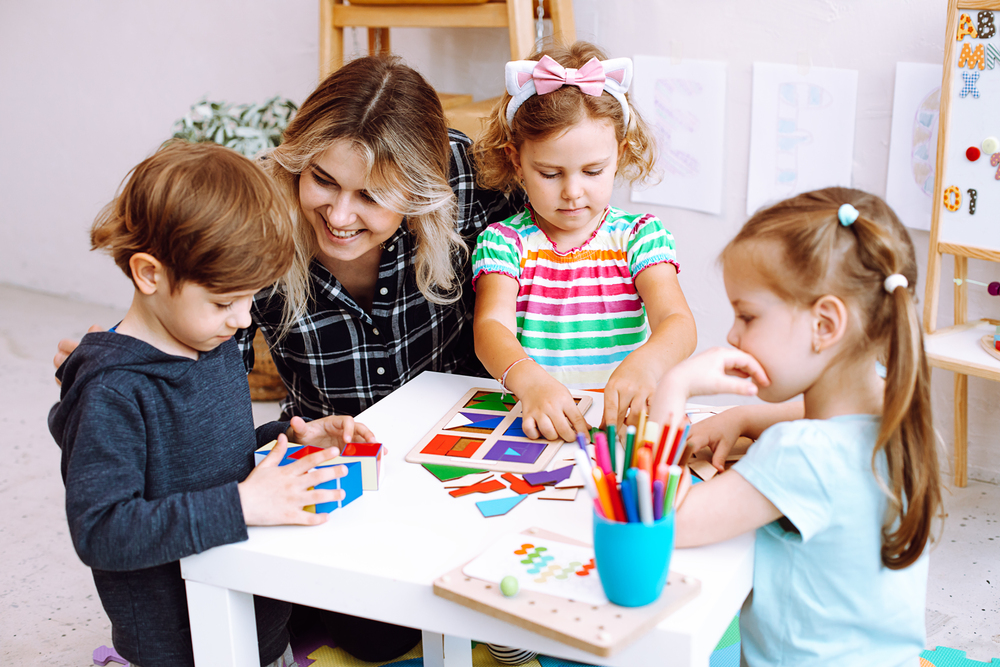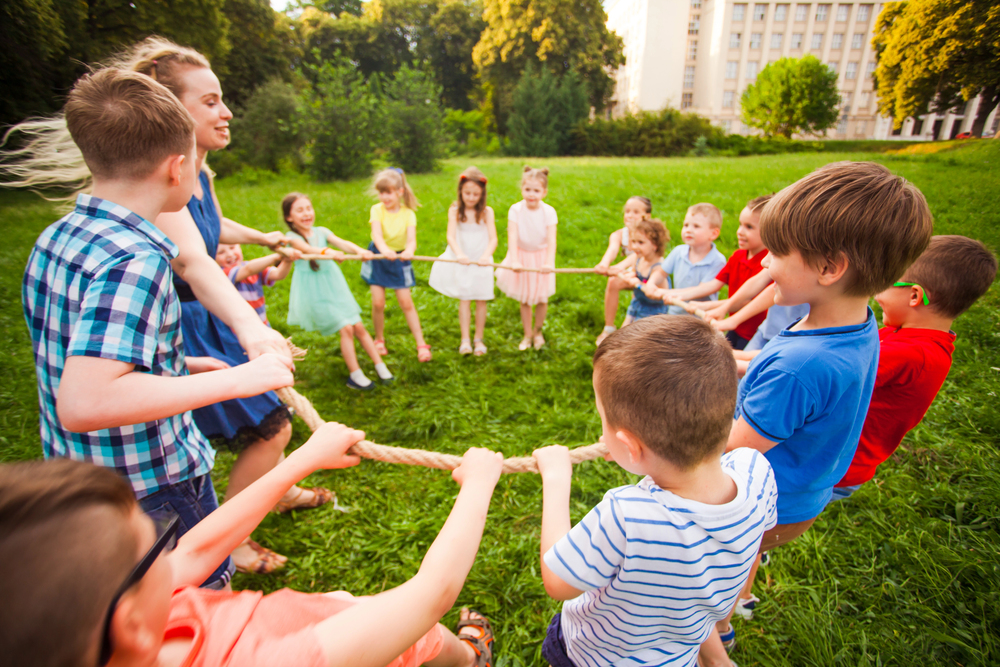Vacation care, a crucial support system for working parents, offers children a safe and engaging environment during school holidays. However, vacation care is not just about keeping children occupied—it is an opportunity to continue their learning and development outside the classroom. With well-planned educational activities in vacation care, children can make progress in key developmental areas such as creativity, problem-solving, and social skills. These programs offer an effective balance between fun and learning, ensuring that children not only enjoy their time but also return to school refreshed and enriched.
Incorporating structured yet flexible educational activities in vacation care programs is essential for a child’s cognitive and emotional growth. While traditional education often focuses on academics, vacation care presents an opportunity to cultivate other equally important life skills through play, collaboration, and exploration. And, in today’s digital age, vacation care centers are also finding ways to enhance their programs with the help of social media—not just as a tool for communication, but also as a platform for learning and sharing resources.
The Role of Play in Learning
The importance of play in a child’s development cannot be overstated. Play is a child’s primary mode of learning, and it fosters creativity, problem-solving, and critical thinking skills. Vacation care programs that incorporate play-based learning activities are uniquely positioned to support holistic growth by encouraging children to engage with their environment, work together, and develop new skills in an informal setting.
For example, building with blocks or engaging in role-playing games can improve a child’s spatial awareness, fine motor skills, and social interactions. Group games encourage cooperation and teamwork, while creative arts and crafts allow children to express themselves, develop fine motor skills, and build self-esteem.
Educational activities in vacation care are often designed to blend learning objectives with fun, hands-on experiences. These activities can range from science experiments and nature walks to art projects, puzzles, and cultural exploration. By tapping into a child’s natural curiosity, vacation care providers create an environment where learning feels like play, and progress happens organically.
Key Educational Activities in Vacation Care Programs
To support development while ensuring children have fun during their vacation, many vacation care providers have introduced structured educational activities that promote learning in various domains:
1. STEM Activities: Science, Technology, Engineering, and Math (STEM) activities are popular in vacation care programs because they encourage critical thinking and problem-solving. Simple science experiments, building challenges with everyday materials, and interactive games involving technology can engage children in STEM topics in a playful manner. For instance, building a volcano model or conducting a kitchen-based experiment can spark interest in scientific principles while encouraging curiosity.
2. Creative Arts: Art, music, and drama are powerful outlets for children to express their creativity. In vacation care, children might participate in painting, drawing, or craft projects that allow them to experiment with colors, shapes, and textures. Drama workshops or talent shows can also be excellent ways for children to build confidence and express themselves. These activities not only develop artistic skills but also help with emotional regulation and socialization.
3. Physical Activities: Physical play is an important part of vacation care, offering children the chance to burn off energy while developing physical coordination and strength. Outdoor games, sports, and team challenges promote not only fitness but also teach teamwork, perseverance, and strategic thinking.
4. Cultural Exploration: Vacation care programs often provide children with opportunities to explore different cultures, either through themed days, cooking activities, or storytelling. Learning about diverse traditions and practices helps children build cultural awareness and empathy.
Leveraging Social Media in Vacation Care
With the increasing integration of technology into every aspect of life, the help of social media in vacation care programs has grown. Social media platforms offer valuable resources for both care providers and parents, while also enhancing children’s learning experiences. From sharing ideas for activities to providing updates for parents, social media plays a multifaceted role in vacation care.
1. Sharing Educational Content: Social media platforms like YouTube, Instagram, and Pinterest are rich sources of inspiration for vacation care educators. They can use these platforms to find and share creative educational activities, from DIY science projects to innovative art techniques. By following child development experts or education-focused influencers, vacation care providers can stay up-to-date on the latest trends and ideas in informal learning.
2. Engaging Parents: For parents, social media offers an easy way to stay informed about their child’s progress and experiences in vacation care. Vacation care providers can use platforms like Facebook or Instagram to share photos and updates of daily activities, giving parents a glimpse into what their children are learning and how they are spending their time. This not only fosters transparency but also helps parents feel more connected to the vacation care experience.
3. Virtual Learning Opportunities: Social media and online platforms have also made it possible to integrate virtual learning into vacation care programs. Virtual field trips, online workshops, and interactive sessions with experts in various fields can complement in-person activities, expanding the range of educational experiences offered to children. For example, a vacation care program might organize a live virtual tour of a museum or a zoo, allowing children to learn from professionals without leaving the care center.
4. Building Community and Support Networks: Social media can serve as a platform for vacation care providers to build communities of practice, where they can exchange ideas, seek advice, and collaborate with other professionals in the field. Parents can also connect with each other, share tips on parenting during school breaks, and organize playdates or cooperative learning experiences.
Vacation care programs, when thoughtfully designed, offer far more than just a way to pass time during school holidays. They provide a rich environment where children can continue learning and growing in a relaxed, playful setting. With a focus on educational activities in vacation care, children can develop essential life skills, explore their creativity, and build social connections, all while having fun. The integration of technology and the help of social media further enhances the learning experience, making it easier to share resources, engage parents, and offer innovative virtual opportunities. By blending play with purposeful educational activities, vacation care programs help children make meaningful progress, setting them up for success in school and beyond.







